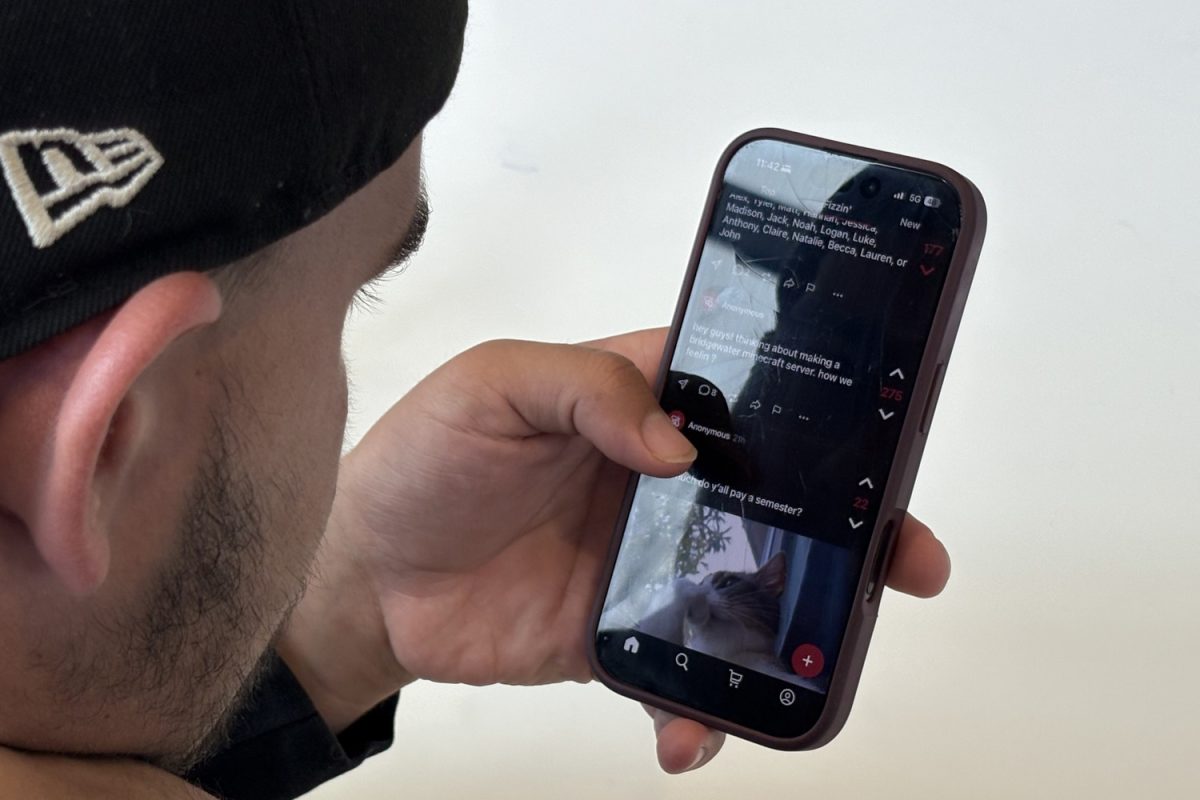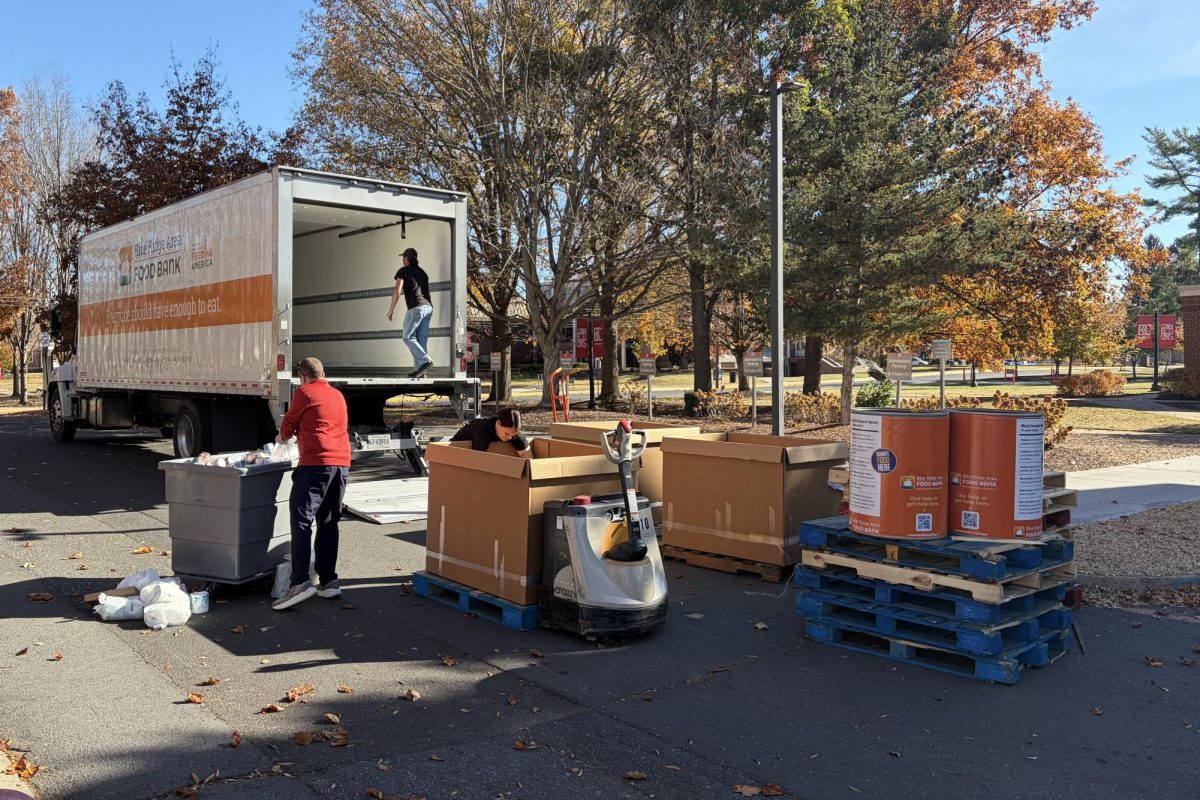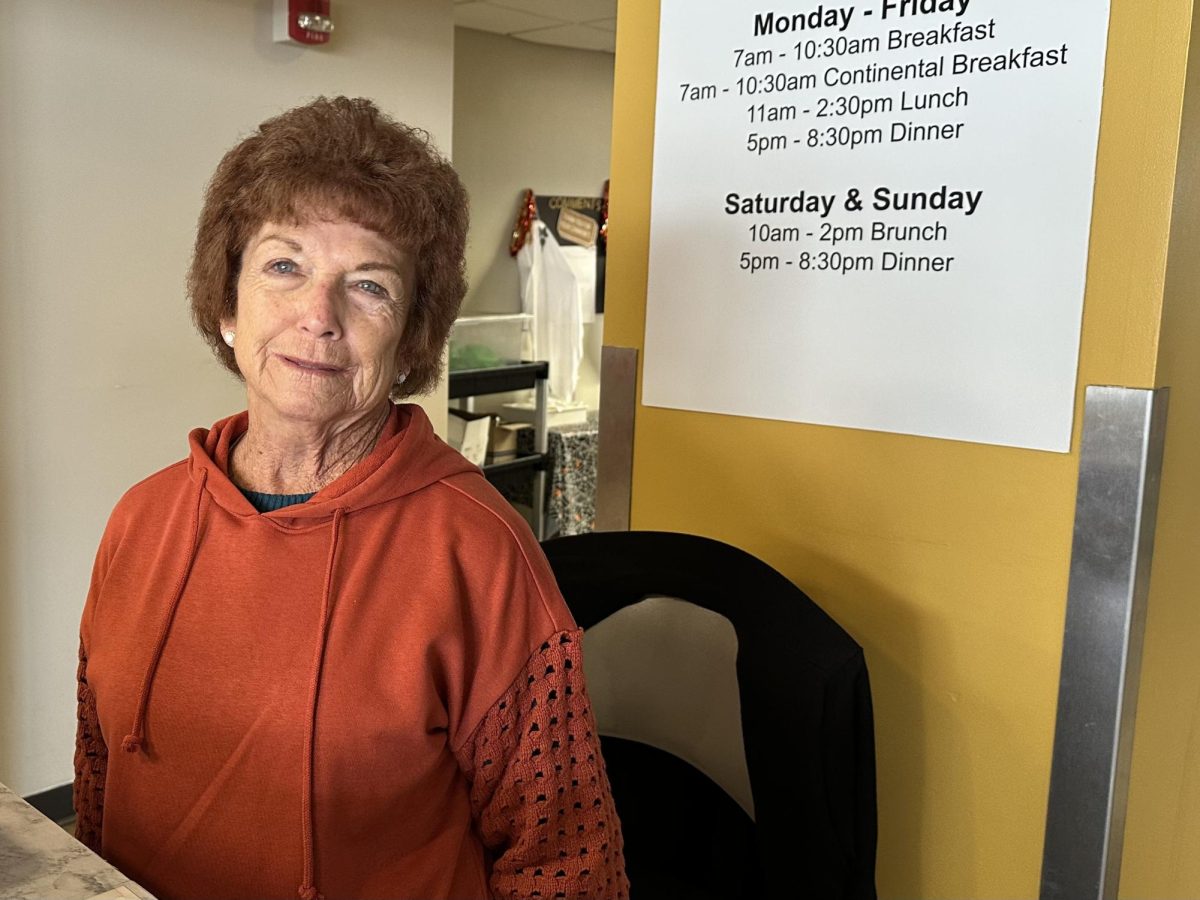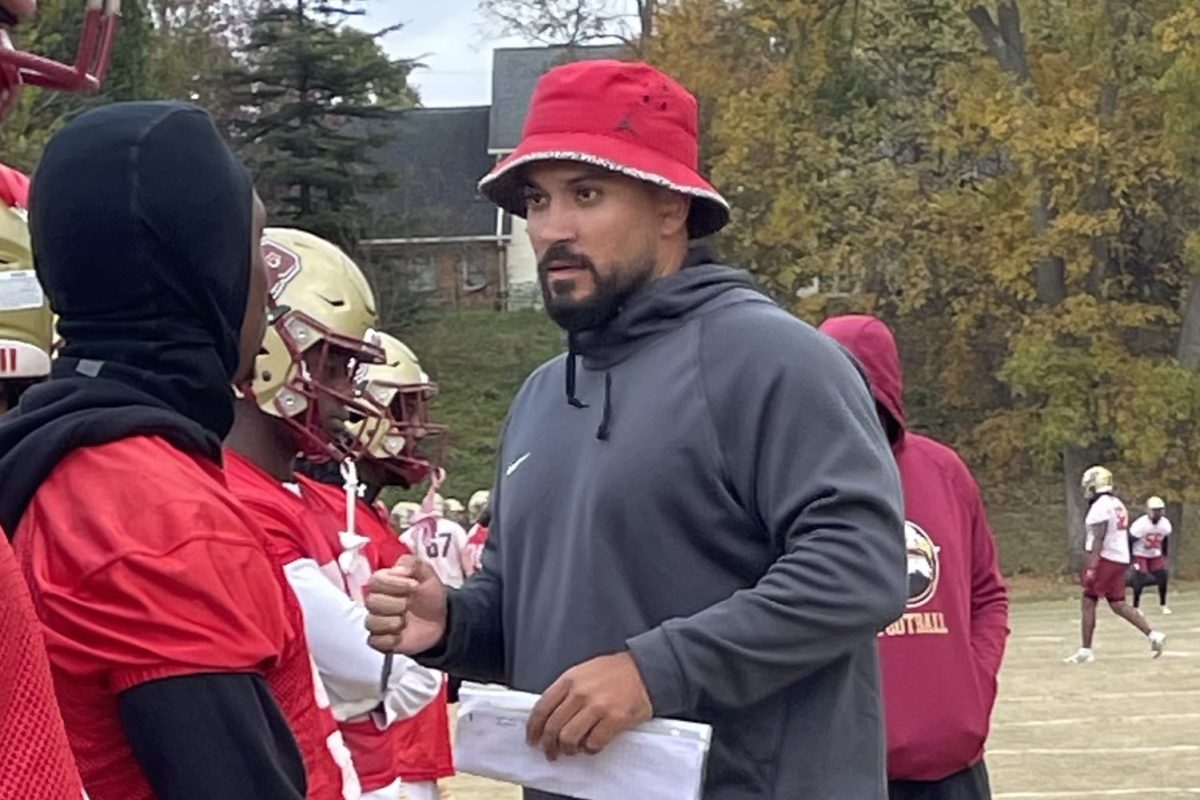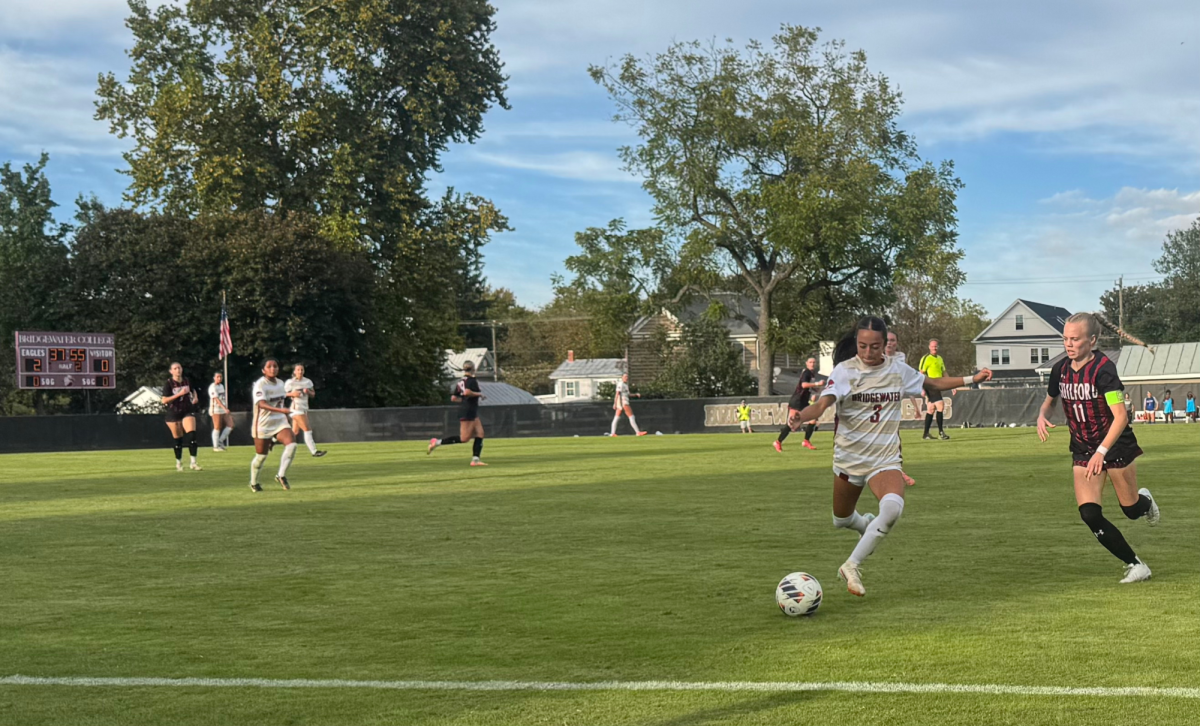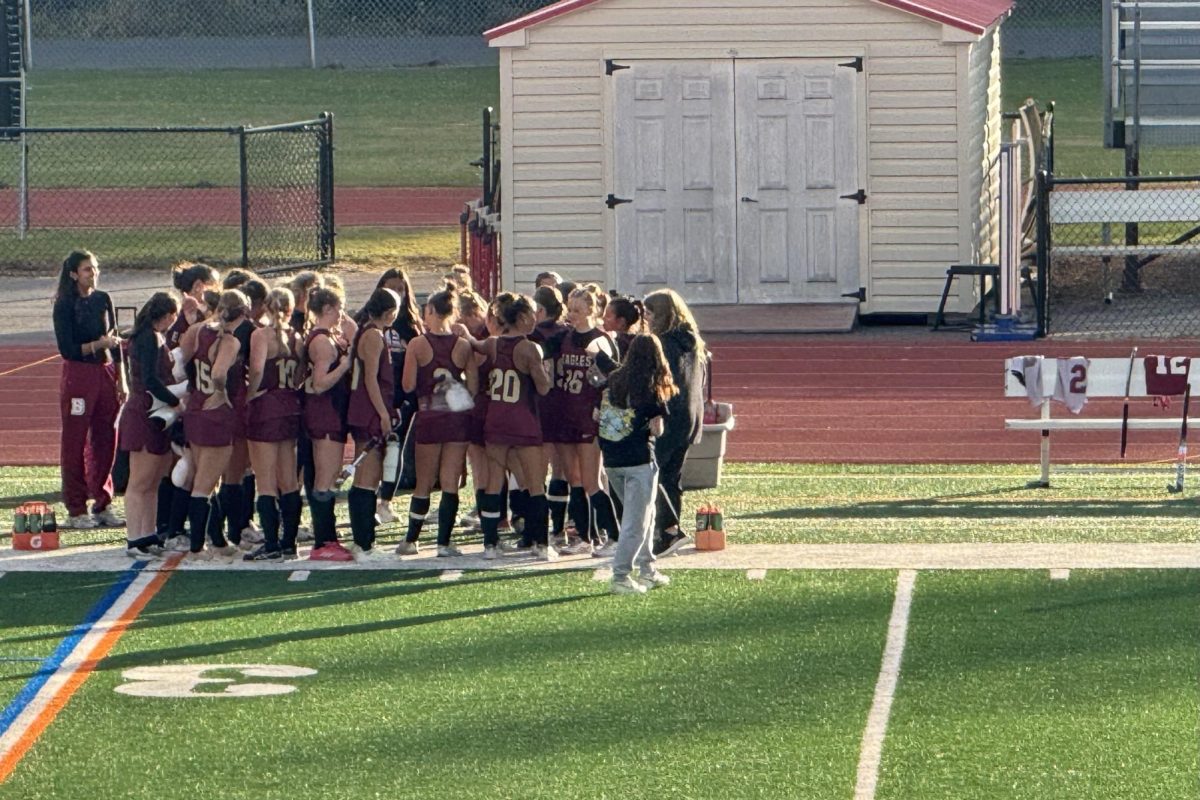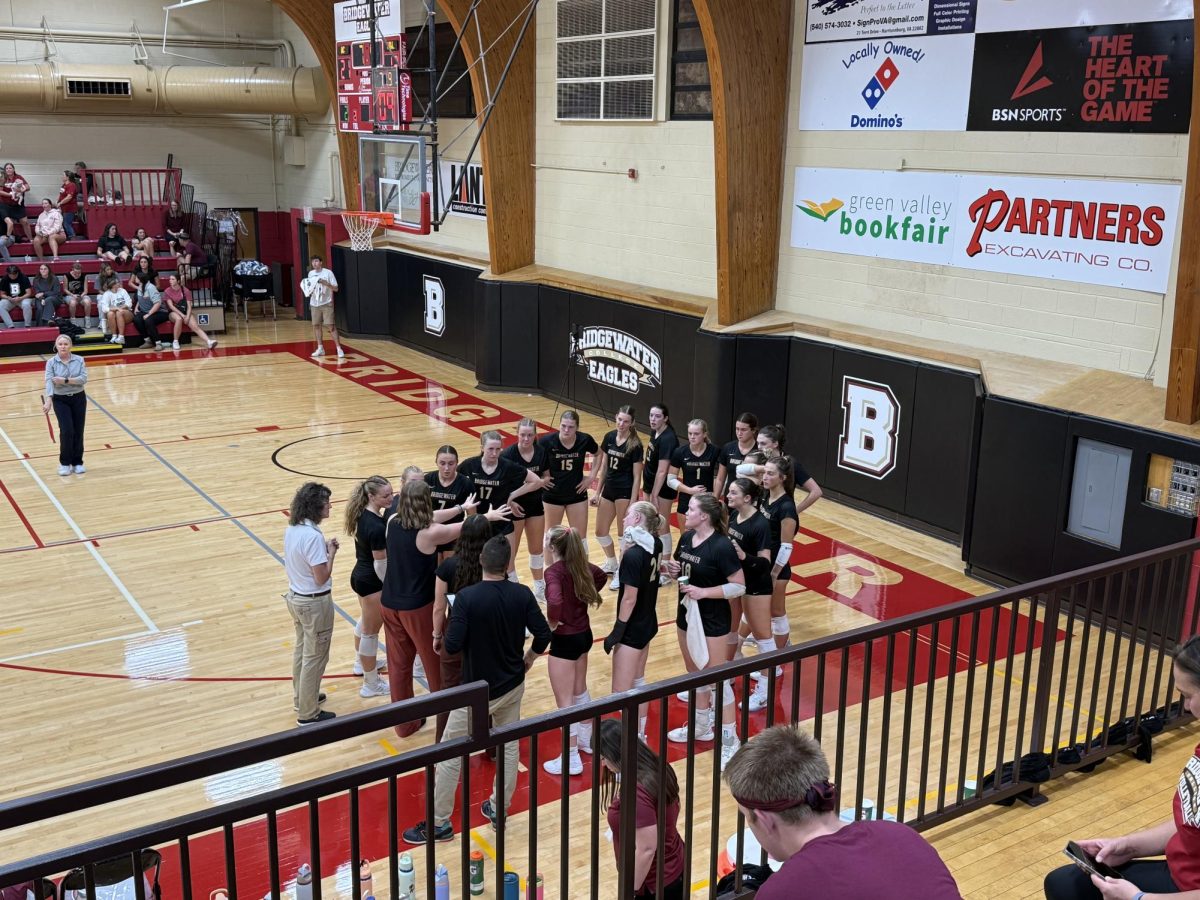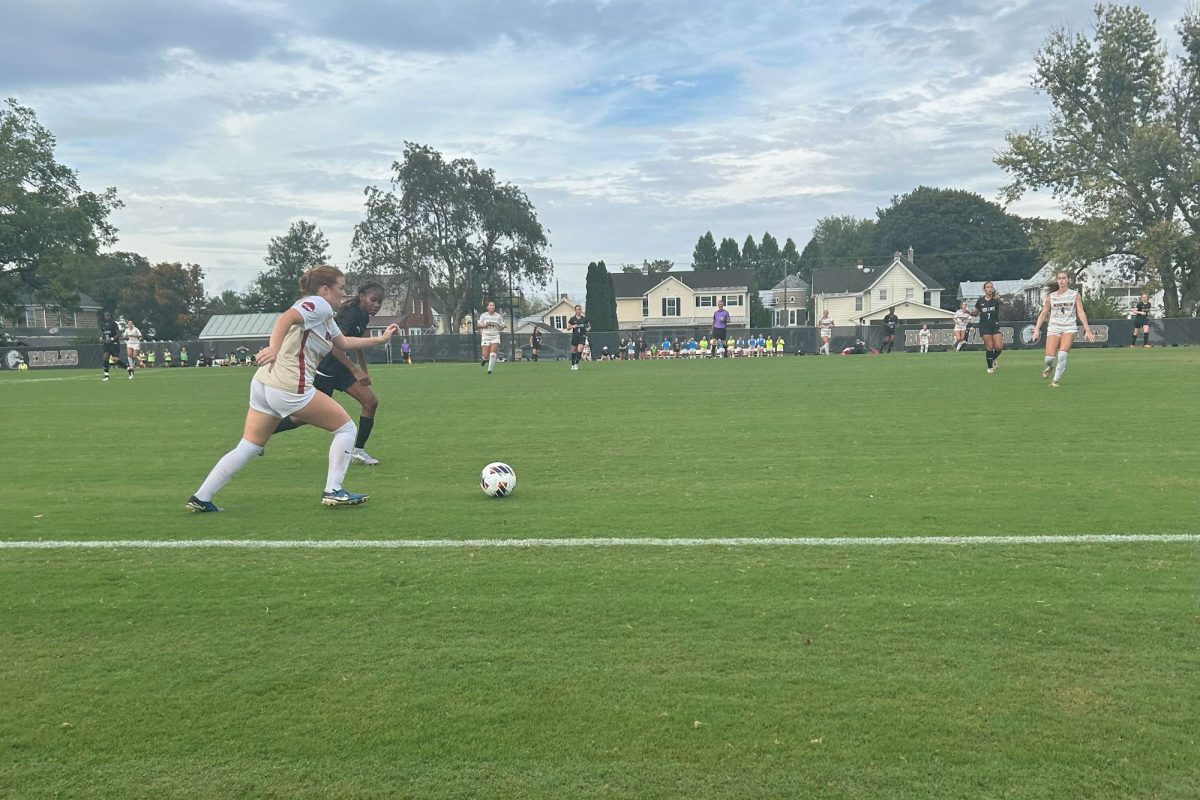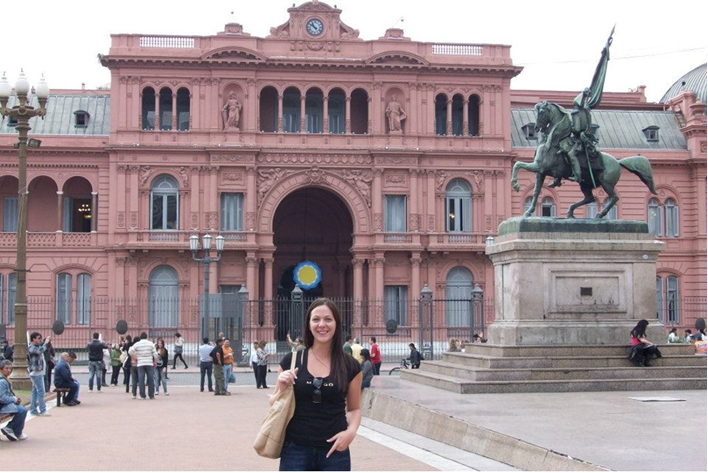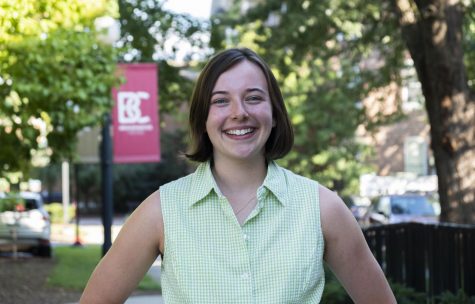A New Face On-Campus
Bridgewater College Welcomes Manuela Gabriel as the New Dean of Diversity and Inclusion
Dean of Diversity and Inclusion Manuela Gabriel has traveled across the world to places such as Buenos Aires, Argentina. Here she is posed in front of the Casa Rosada, the executive mansion and office of the President of Argentina.
February 9, 2021
Bridgewater, Va. – Speaking Italian, French, Spanish and English all in one day is the norm for Bridgewater College’s new Dean of Diversity and Inclusion Manuela Gabriel.
Born in Egypt, Gabriel’s education and globetrotting family have taken her to Italy, Spain and Quebec, Canada, all before settling into her new position at Bridgewater College.
After receiving her bachelor’s degree in modern languages and her master’s degree in intercultural mediation, an open mind and a study abroad opportunity originally planned for three months turned into a five-year PhD-track studying international studies and intercultural studies.
“You can make all the plans you want for your life, but you need to be flexible,” said Gabriel. “Life is going to guide you.”
Her extensive and immersive experiences living around the world have helped Gabriel to bring new perspectives to managing diversity in the workplace and in higher education.
“I was exposed to all these great things and I’ve learned a lot. These experiences shaped me into the woman that I am today,” said Gabriel.
As the new dean of diversity and inclusion, Gabriel’s job is to guide the institution in situations regarding diversity and inclusion to ensure that Bridgewater College is providing a welcoming, inclusive and equitable space for everyone.
“No matter your difference or your axis of identity, we can make sure that you have the resources that you need to actually achieve your highest potential in life,” said Gabriel.
Currently, Gabriel is rethinking the purpose and objectives of the Intercultural Advisory Council. Gabriel aims to recruit at least one student representative from different axes of identity including LGBTQ+, disabilities (learning and physical), Latinx, African American and more.
“I really believe it to be important for the students to be a part of the decision-making process, especially in diversity and inclusion, because they are the best ones to tell us what their needs are.” said Gabriel.
Gabriel’s meetings with student organizations guide her in making strategic decisions for increasing retention, encouraging inclusion and establishing an overall sense of belonging for students –a goal she believes is attainable but never complete.
“I understand diversity, equity and inclusion as something that is ongoing.” said Gabriel. “There is a starting point and no ending point. There is always room for improvement.”
In addition to on-campus efforts, Gabriel believes that immersion in other cultures helps to build what she refers to as a “toolbox,” or set of skills necessary to communicate with anyone, regardless of their background.
“Being in a situation where you actually need to understand and speak another language that is not your language and make an effort to transcend and navigate all of these differences is where the real learning happens,” said Gabriel.
Gabriel urges all students to take advantage of study abroad opportunities. She describes her experiences as an exchange student as “life changing,” and understanding the daunting nature of the task, imparts advice for wanderlusting students.
“You need curiosity. If you don’t have the answers, do some research,” said Gabriel. “Once you’re there, have an open mind to differences. Try to not have our ethnocentrism. This is going to limit our ability to connect with people.”
For someone who has transitioned somewhat seamlessly from one continent to the next, Gabriel has experienced her fair share of adjustment periods.
Used to the warm, dry climate of Southern Italy, 18-year-old Gabriel and her family experienced “thermal shock” after hanging a clothesline in the middle of one of Quebec, Canada’s hostile winters — leaving all of their garments completely frozen.
“People were laughing at us, but really it is part of the learning process,” said Gabriel. “You think that you should know things, but since you’re new, these are things you are going to learn.”

